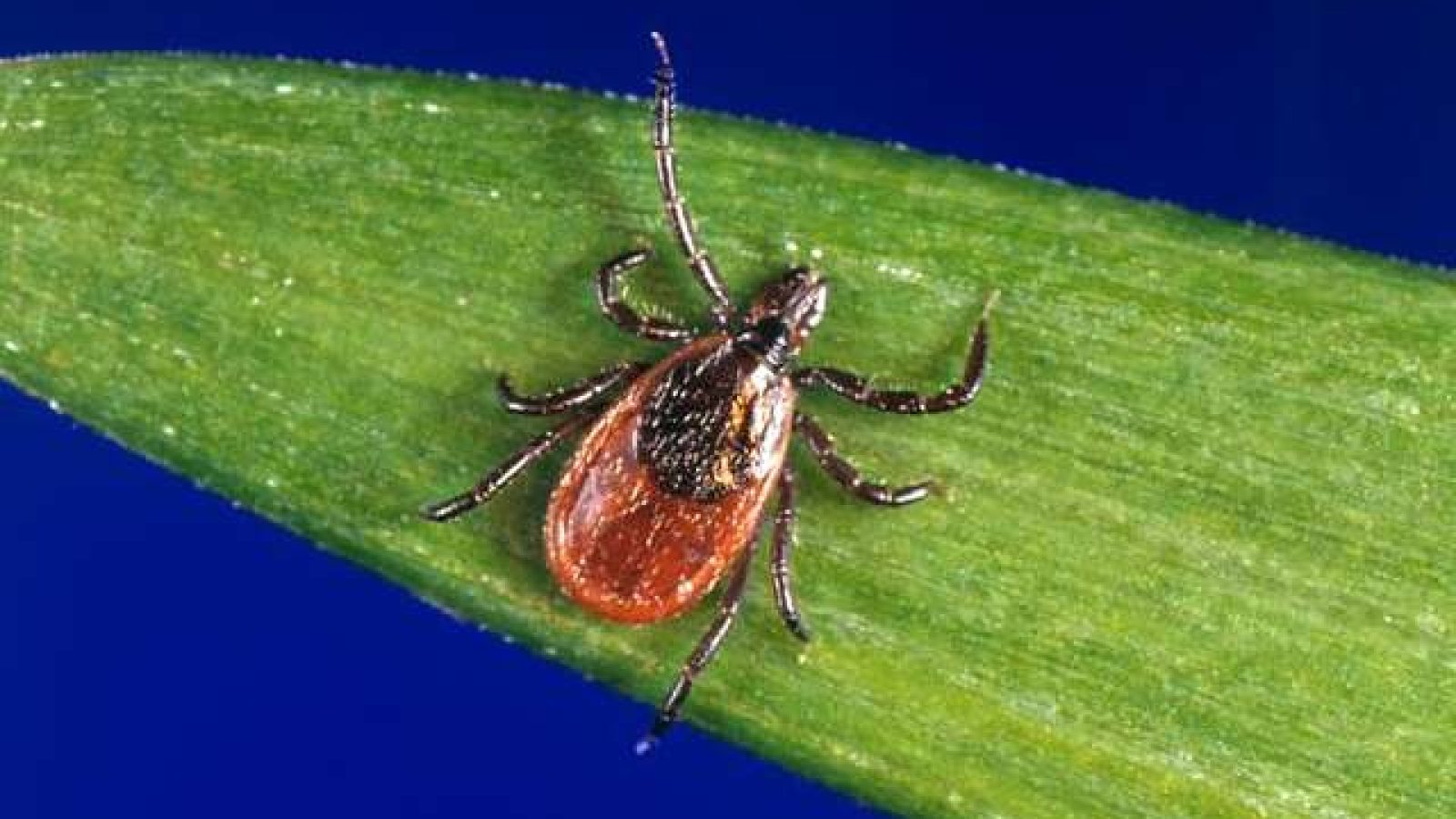‘Experts’ and mainstream outlets have published fearmongering reports that the next ‘pandemic’ will emerge from the U.S. meat supply.
It’s no secret climate alarmists want to wage war against meat and will try anything to steer the masses onto a vegan and buggy diet.
You may have seen this recent headline: “US meat may start the next pandemic”
It's not news that this is the weakest generation of humans to walk the earth.
Thousands of years of existence while eating meat and now it is about to cause a pandemic?
They want you all to become weak vegans. #Easycontrol pic.twitter.com/esZuRlQlrW
— NCaltin (@Kencarl8) July 31, 2023
The report came from Harvard Law School and New York University.
‘A report from Harvard Law School and New York University predicts the next pandemic is likely to emerge from the U.S. meat supply — or the fur trade, or a petting zoo, or from pets’ pic.twitter.com/Gh52DcBoSm
— Codey369 (@Codeym369) August 2, 2023
“The idea that pathogens will jump species and kill humans is a useful scare tactic, and it’s now being pushed like never before under One Health — a global agenda that will allow unelected bureaucrats at the World Health Organization to centralize power and make decisions relating to diet, agriculture and livestock farming, environmental pollution, movement of populations, health care and much more, for the entire world,” Dr. Joseph Mercola wrote.
“A report from Harvard Law School and New York University predicts the next pandemic is likely to emerge from the U.S. meat supply — or the fur trade, or a petting zoo, or from pets. It reviews all the different areas of life and commerce that involve animal and human contact and the subsequent hypothetical zoonotic transmission chains. One Health documents are repeatedly referenced in this report.”
Could meat be the source of the next pandemic?
The idea that pathogens will jump species and kill humans is a useful scare tactic, and it’s now being pushed like never before under One Health — a global agenda that will allow unelected bureaucrats at the World Health… pic.twitter.com/K7dr2hvdCI
— Dr. Joseph Mercola (@mercola) August 2, 2023
Could these scaremongering tactics be used to justify lab-grown meat?
If the global elite can’t scare you into eating fake meat, perhaps they’ll try to make you allergic to real meat.
A recent CDC report estimated thousands of Americans have become allergic to red meat over the past decade due to tick bites.
A meat allergy caused by tick spit is getting more common, CDC sayshttps://t.co/rl71Nad30u pic.twitter.com/1v9c9PFrta
— The Washington Times (@WashTimes) July 28, 2023
AP reports:
More than 100,000 people in the U.S. have become allergic to red meat since 2010 because of a weird syndrome triggered by tick bites, according to a government report released Thursday. But health officials believe many more have the problem and don’t know it.
A second report estimated that as many as 450,000 Americans have developed the allergy. That would make it the 10th most common food allergy in the U.S., said Dr. Scott Commins, a University of North Carolina researcher who co-authored both papers published by the Centers for Disease Control and Prevention.
Health officials said they are not aware of any confirmed deaths, but people with the allergy have described it as bewildering and terrifying.
“I never connected it with any food because it was hours after eating,” said one patient, Bernadine Heller-Greenman.
ADVERTISEMENTThe reaction, called alpha-gal syndrome, occurs when an infected person eats beef, pork, venison or other meat from mammals — or ingests milk, gelatin or other mammal products.
It’s not caused by a germ but by a sugar, alpha-gal, that is in meat from mammals — and in tick spit. When the sugar enters the body through the skin, it triggers an immune response and can lead to a severe allergic reaction.
Red meat is becoming one of the most common food allergies in the United States?
Doesn’t that seem ominously convenient for the global elites and climate alarmists who partly blame global warming on meat consumption?
Remember the comments Bill Gates made about wanting rich countries to switch to 100% synthetic beef?
MIT Technology Review interviewed Gates on the subject in 2021:
Q: Do you think plant-based and lab-grown meats could be the full solution to the protein problem globally, even in poor nations? Or do you think it’s going to be some fraction because of the things you’re talking about, the cultural love of a hamburger and the way livestock is so central to economies around the world?
A: For Africa and other poor countries, we’ll have to use animal genetics to dramatically raise the amount of beef per emissions for them. Weirdly, the US livestock, because they’re so productive, the emissions per pound of beef are dramatically less than emissions per pound in Africa. And as part of the [Bill and Melinda Gates] Foundation’s work, we’re taking the benefit of the African livestock, which means they can survive in heat, and crossing in the monstrous productivity both on the meat side and the milk side of the elite US beef lines.
So no, I don’t think the poorest 80 countries will be eating synthetic meat. I do think all rich countries should move to 100% synthetic beef. You can get used to the taste difference, and the claim is they’re going to make it taste even better over time. Eventually, that green premium is modest enough that you can sort of change the [behavior of] people or use regulation to totally shift the demand.
ADVERTISEMENTSo for meat in the middle-income-and-above countries, I do think it’s possible. But it’s one of those ones where, wow, you have to track it every year and see, and the politics [are challenging]. There are all these bills that say it’s got to be called, basically, lab garbage to be sold. They don’t want us to use the beef label.
The Bill & Melinda Gates Foundation has funded research to control cattle ticks through biotechnology.
https://twitter.com/BernieSpofforth/status/1686995468604133377
The foundation in March 2021 gave Oxitec a $1.4 million grant for the “Feasibility of a Self-Limiting R microplus for Sustainable Tick Control.”
Genetic Literacy Project reported in 2021:
Technology that has been used to control mosquitoes and fall armyworm will now be applied to solving the world’s cattle tick program under a new $1.283 million grant from the Bill & Melinda Gates Foundation.
The 14-month award funds a feasibility project to determine if Oxitec’s self-limiting insect technology can be used to control the disease-spreading cattle blue tick, Rhipicephalus microplus. Oxitec, which has already adapted its “Friendly” technology to manage the devastating fall armyworm crop pest and the mosquito species that transmits Zika, dengue and other diseases, will work with Clinglobal, an animal health service provider, on the tick project.
The ticks are parasites that feed on the blood of cattle and other livestock, resulting in losses totaling billions of dollars each year. The ticks also transmit deadly diseases, such as babesiosis and anaplasmosis. Though native to Asia, like many pests the tick has now spread around the world, causing particular devastation in sub-Saharan Africa and the Americas. In addition to expanding their range, the ticks are increasingly resistant to the two chemical pesticides now used to control them, acaricides and pyrethoids, prompting an effort to find alternatives that are effective and environmentally safe.






Join the conversation!
Please share your thoughts about this article below. We value your opinions, and would love to see you add to the discussion!